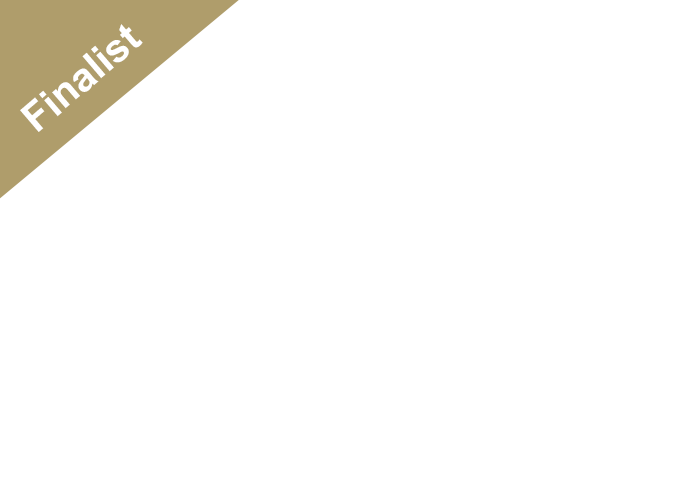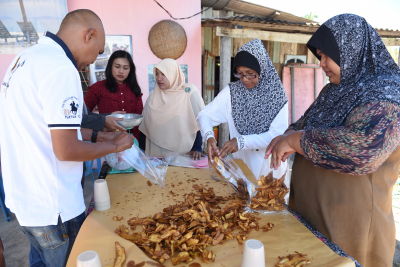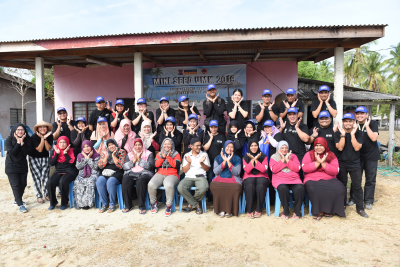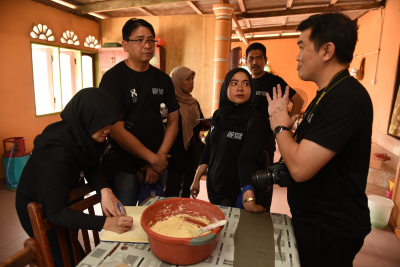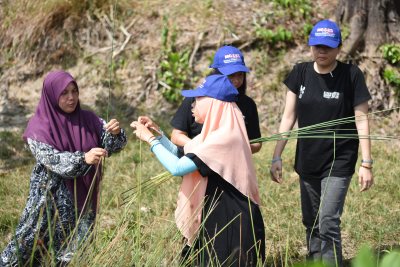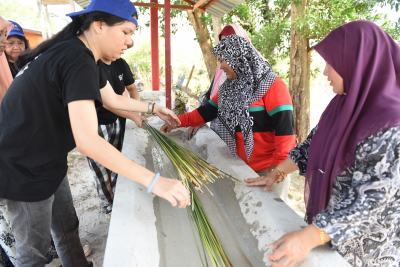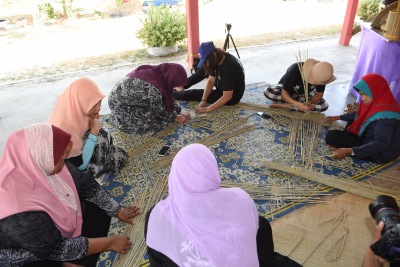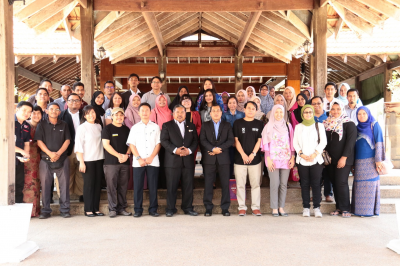Project sustainability is often expensive and painful thus rarely in place. Institutional concerted effort is required to ensure annual replicability of SEED-UMK. Top management support, capacities building ranging from staff competencies, resources to execution team with strong beliefs in orchestrating teaching, learning, research, community engagement, industry partnership, international networking into one service learning project, are essential. Having SEED Chapters successfully implemented in Indonesia, Malaysia, Vietnam, Thailand and the Philippines, SEED was hailed as an “excellent example for more responsibility in business education” (by United Nations’ Head of PRME, Manuel Escudero), when presented at the first UN PRME Global Conference in 2008. The President of the Republic of Indonesia, who visited the first SEED village at Cisandori, Bandung in 2010, praised the villagers for their “creative problem solving”, which is the outcome of SEED participants working with villagers in developing the enterprise plan. The SEED program has helped villagers with different needs, from poor villagers requiring livelihoods to displaced indigenous tribesmen requiring help to adapt to modern life (Temiars in Malaysia). The success of SEED everywhere testifies to its replicability, adaptability, scalability, and extension to new contexts and audiences (new communities and students of non-management disciplines) with consistently high quality learning and contribution to villagers’ well-being. SEED prepares students to be effective future leaders, who are intercultural, empathizing, entrepreneurial, creative problem solvers, capable of empowering others to have similar problem-solving capabilities through mindset change, and thereby, potentially help transform communities and the world to meet the challenges arisen from globalization.

